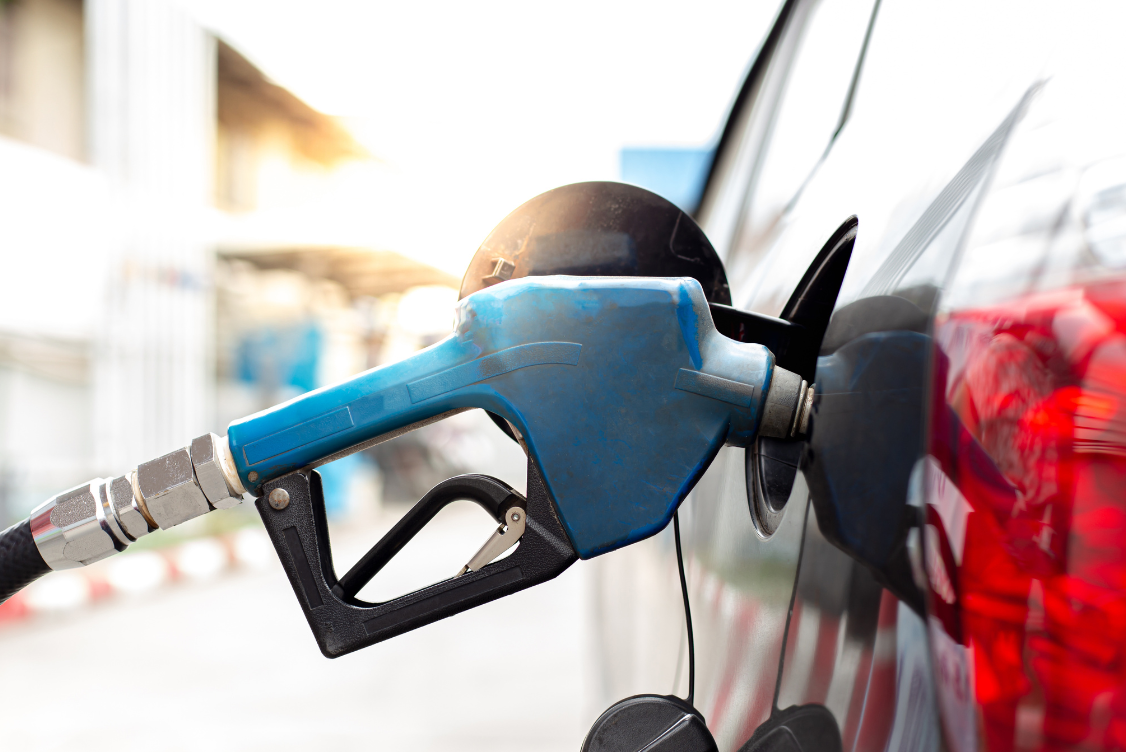Standing at an Irish petrol station, in those few moments before you pick up the pump, you’ve no doubt wondered about the real difference between premium and regular petrol. Is it really worth it? With the cost of just about everything else rising, should I be forking out those extra euros for something I’m not even sure I really need?
When it comes to fueling your car, the choice between premium and regular gasoline is not just a matter of cost but also, in theory, about maximising your vehicle's efficiency and lifespan. Let’s take a look at the difference between the two and see whether it’s still worth investing in better petrol.
What’s the Difference Between Premium and Regular Fuel?
Fuel types vary mainly in their octane rating, influencing their ability to prevent engine knock or pre-ignition, a common issue in high-compression engines.
Premium Fuel
In Europe, premium fuel typically has an octane rating of 95 or higher, but in Ireland, we generally talk about petrol above 97. This higher octane rating helps prevent engine knocking, when fuel burns unevenly in the engine cylinders, leading to potentially damaging detonations.
Premium fuel is particularly beneficial for high-performance or luxury vehicles designed to operate optimally on high-octane fuel, delivering smoother operation and enhanced power output.
Regular Fuel
Regular fuel in Ireland is the 95-octane petrol you see everywhere. It is for general use in most car engines. It provides adequate efficiency for standard vehicles without high-performance specifications, which usually do much better with premium petrol. Regular is sufficient for most drivers, ensuring smooth operation under normal driving conditions.
Which Fuel Type is More Cost Effective?
The cost-effectiveness of premium versus regular fuel depends on several factors, including the type of vehicle, driving habits, and even fuel prices, which can fluctuate. Even then, it depends on whether you’re talking short or long-term costs.
Analysing Long-Term Savings
Premium fuel, being more expensive per litre than regular, is often marketed as providing better fuel economy and lower emissions. However, whether these benefits translate to real-world cost savings depends on the vehicle.
For cars designed to run on premium, using this fuel can prolong engine life and optimise performance, potentially saving money on maintenance and repairs in the long run. However, for standard cars, designed to run perfectly well on regular petrol, savings are likely negligible.
Short Term Savings
At the pump, premium fuel costs more than regular, adding up over time and certainly costing you more in the short term. For those whose vehicles are compatible with regular fuel, the higher premium cost may not justify the minimal gains in performance or efficiency.
The choice between premium and regular fuel can affect the engine’s health, performance, and efficiency. High-performance engines utilising premium fuel often experience better fuel economy and power output. However, for regular engines, the use of premium fuel may not be worth it.
Petrol prices fluctuate constantly, but Pump.ie has some of the most up-to-date information on petrol prices around Ireland.
What Are the Risks of Using the Wrong Type of Fuel?
Unlike putting petrol in a diesel engine and vice versa, using the wrong fuel isn’t necessarily going to lead to immediate problems. However, you might experience minor performance issues that can lead to significant engine damage over a long period.
1. Reduced Engine Performance
Using regular fuel in an engine designed for premium use can reduce performance and efficiency. The lower octane fuel may cause the engine to knock or run unevenly and fail to effectively prevent pre-ignition.
2. Potential for Engine Damage
In severe cases, using regular fuel in a car that requires premium can damage the engine. The continuous knocking can cause physical damage to the engine, leading to costly repairs. Not exactly what you want after finally getting your dream Porsche.
3. Voided Manufacturer’s Warranty
Manufacturers may specify the required fuel type for their vehicles. Ignoring these recommendations can void warranties, leaving the owner fully responsible for repair costs related to fuel-related engine damage.
How to Determine the Right Fuel Type for Your Car
Choosing the correct fuel type for your car involves understanding your vehicle’s requirements and driving habits. Here are some pointers to ensure you’re making the right choice:
-
Consult Your Car's Owner Manual for Fuel Recommendations
Always consult your vehicle’s owner manual, specifying the recommended fuel type based on the engine’s design and performance characteristics.
-
Know Your Engine's Requirements
Be aware of your engine's design. High-compression engines typically need premium fuel to perform optimally and safely.
-
Match Fuel Octane to Engine Compression
Matching the fuel’s octane rating with your engine’s compression ratio is crucial. High compression ratios generally require higher octane fuel to prevent knocking.
-
Align Fuel Type with Driving Needs
Consider your typical driving needs. Regular fuel might suffice if you rarely drive aggressively or at high speeds, even if your car can take premium.
-
Seek Expert Advice
When in doubt, consult a professional mechanic or automotive expert who can provide advice tailored to your car’s specific needs and conditions.
Secure Your Journey with Comprehensive Car Insurance from 123.ie
Choosing the right fuel type is more than just a financial decision; it's about ensuring optimal performance and longevity for your vehicle. With the right knowledge and practices, you can make an informed choice that suits your car’s needs and your personal preferences.
Whether you choose premium or regular fuel, comprehensive car insurance ensures your vehicle is protected against a wide range of potential issues. 123.ie offers policies that provide peace of mind, covering accidents and other damage that might occur to your vehicle, ensuring you are safeguarded on every journey.




